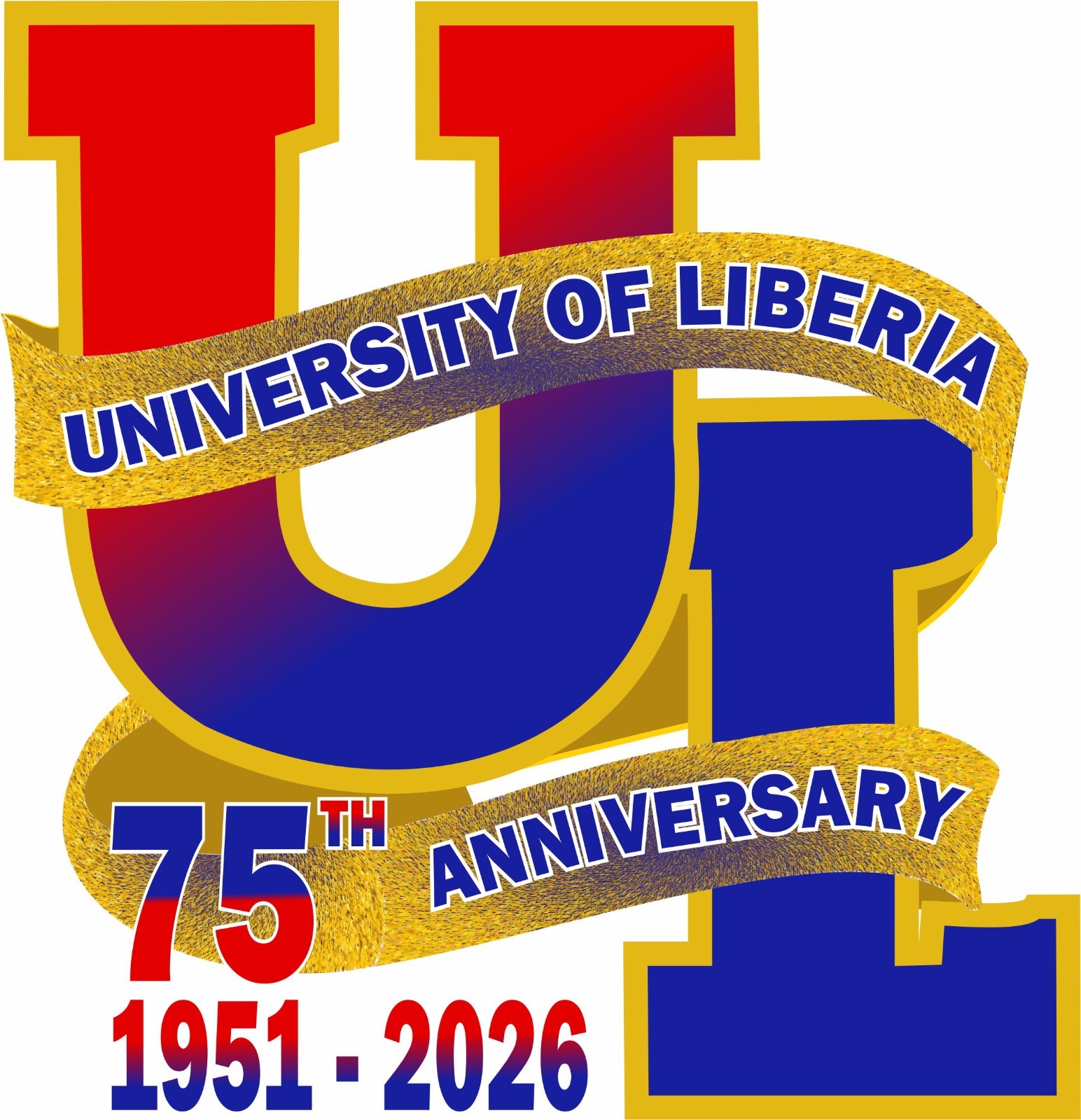UL President Urges Strong Collaboration in Education Sector
In his first public address since ascending to the presidency of the University of Liberia (UL), Dr. Julius Sarwolo Nelson Jr., has emphasized the need for a strong collaboration among education stakeholders, and recommended the adoption of a different ‘mind-set’ in tackling problems confronting the sector, adding that the crafting of sound education policies which speak to the Liberian context would improve learning outcomes and restore quality education in the country.
Dr. Nelson made the assertions when he delivered the keynote address at the Joint Education Sector Review (JESR) 2019 conference taking place in Gompa, Nimba County. The sector review conference is being held under the theme: “Restoring the Education Sector for Quality Outcomes Through Collective Efforts and Innovations,” and runs from 18-22, November 2019.
Dr. Nelson defined the word “Restore,” which appeared in the theme of the conference, declaring “Restoring is to return to what used to be or what was lost or eaten by the locusts from the Judeo-Chris tian tradition,” inquiring as to whether Liberia had a good education sector in the past that needed to be restored.
And to the question, he answered: “Yes, No, Maybe!”
“Yes, because I know of many Liberians who were schooled in this country and ably represented this country over the many years around the world,” he said. “No, because from where I sit I see the glass half-full and half-empty. Maybe, because we are here talking about restoration for quality outcomes through collective efforts and innovation. Maybe, because we are in Gompa at another annual review of the education sector.”
The keynote speaker stated that to restore the education sector requires adopting a different mind-set, a one, he says, comes with “Believing in the vision, goals and objective of the sector to be restored; doing the right thing without apology and fear; insisting on positive change irrespective of the cost; creating the enabling environment for adequate learning for all (early childhood to tertiary level.); weeding out from the classrooms untrained teachers who are the destroyers of the education sector, and striving for a contemporary and inclusive approach to catch up with today’s reality in the 21St Century.”
Dr. Nelson said the Liberian education sector has over the years faced difficulties, ranging from poor infrastructure, insufficient finance or funding, lack of policies or lack of the implementation of existing policies, the wrong ‘mind-set,’ among others.
But it was his interpretation of the meaning of higher education which seemed to have generated the biggest applause from the audience.
“Let us first understand what higher education is from a global perspective, as well as from a contextualized understanding for the Liberian setting,” he said.
Dr. Nelson disclosed that the global definition of higher education places emphasis on the awarding of an academic degree, explaining that it is also called post-secondary education, third-level or tertiary.
“But if we contextualize it to the Liberian setting, we can also say that higher education is not limited to the awarding of an academic degree after secondary education,” he said. “Rather, all other knowledge, skills and abilities obtained in a professional manner that can be utilized by a Liberian for livelihood and self-sustainability after secondary education, could be considered higher education.”
Therefore, Dr. Nelson wants a change of mind-set which restricts higher education to the universities and colleges and considers other professional institutions, such as the Liberia Institute of Public Education, the Liberia Institute of Certified Public Accountants, and other professional life sustaining entities that provide professional knowledge to Liberians as they prepare to face the challenges of the country.
The UL President said further that a key component to restoring the education sector to what it ought to be demands a different approach in how policies affecting the sector are crafted, while urging the Ministry of Education and its partners to consider the following questions: “How are your policies crafted? What are the considerations? What level of consultation do you engage in when gathering your data for these policies? Do these policies consider the state of the economy? Do these policies consider the fact that students are challenged with so many other issues even whilst they strive to attain higher education?”
In conclusion, Dr. Nelson admonished participants attending the sector review conference to be bold and honest enough to accept where they must have gone wrong. “Like I always say, identifying the problem and accepting that you have a problem, is already 50% of the solution to the problem,” he said. “You will never make the progress you wish to make the few days you are here, if you try to shift blames, and refuse to take responsibility for where you may have erred.”

